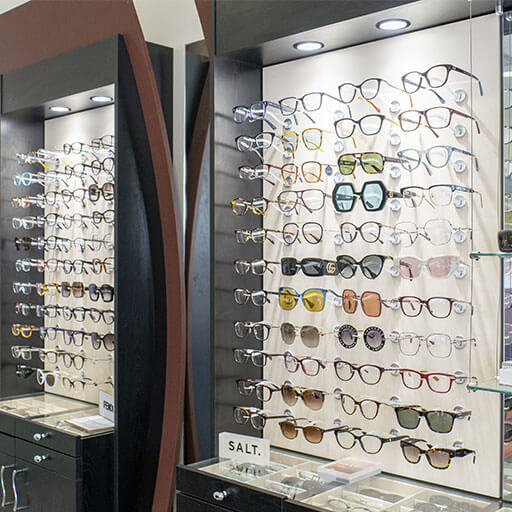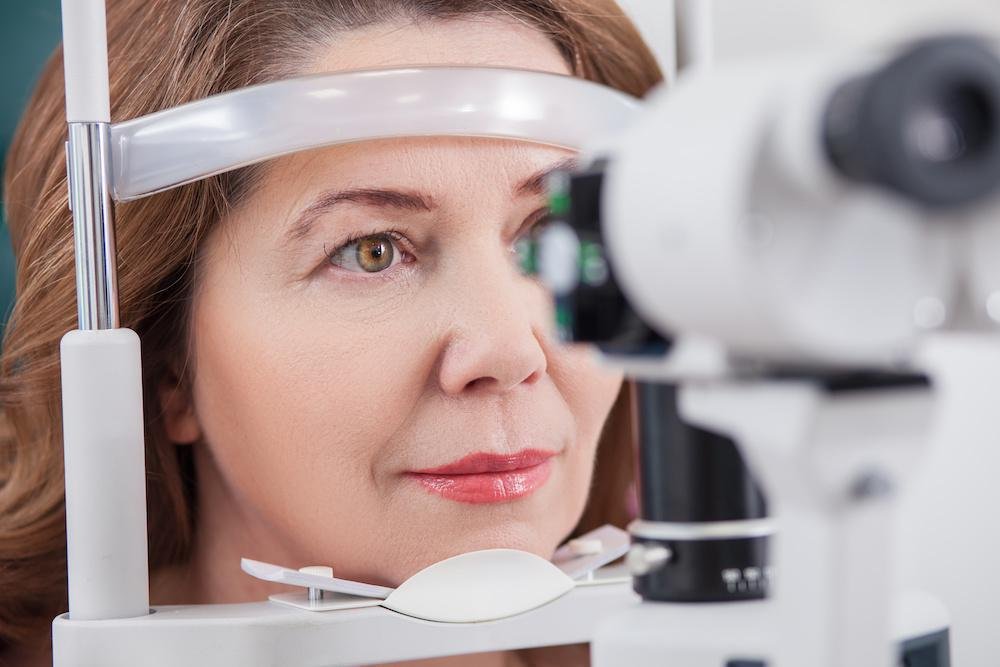









Diabetic Retinopathy Treatment
- Laser Treatment. Laser photocoagulation or focal laser treatment can help seal leaking blood vessels or prevent their growth.
- Intravitreal Injections. Medications injected into the eye can reduce swelling and abnormal blood vessel growth
- Vitrectomy. In advanced cases, a vitrectomy may be performed to remove blood and scar tissue from the eye.
Diabetic Macular Edema (DME) Treatment
- Anti-VEGF Injections: Medications like ranibizumab (Lucentis) or aflibercept (Eylea) can reduce macular swelling.
- Corticosteroid Implants: Implantable devices release steroids to decrease inflammation and swelling.
Diabetic Retinopathy Treatment
- Cataract Surgery: The clouded lens is removed and replaced with an artificial intraocular lens.
Advanced Technology
Advanced Technology
We use the technological gold standards in eye care to diagnose and keep track of diabetic eye diseases. Our doctors use optical coherence tomography (OCT), a slit lamp, and fundus photography to get a crystal-clear look inside your eye to evaluate its health. We’ll explain our findings and how they inform our personalized care plans and track any changes between appointments.
Personalized Management Plans
Personalized Management Plans
There are many factors that can affect your diabetes, and we pay attention to the details when creating your diabetic retinopathy treatment plan. We’ll learn all about your dietary habits, restrictions, and activity levels so we can suggest adjustments to limit your risk factors. We’ll also guide you through the best ways to keep your blood sugar at the right level and help you take other precautions to protect your vision in the long run!
Supplements
Supplements
Fortifying your retina with supplements is a great way to remain proactive against the effects of diabetic retinopathy. Certain blends of nutraceuticals have been shown to improve your chances of keeping your vision in tip-top shape, either as a preventative measure in your diabetic regimen, or as a complement to your management plan.


Testimonials
FAQs
Can Diabetic Retinopathy Be Reversed?
Diabetic retinopathy can be managed, and its progression can be slowed or halted with early detection and appropriate treatment. However, once retinal damage occurs, it cannot be completely reversed. Timely interventions, such as laser treatment or anti-VEGF injections, can help preserve vision and prevent further deterioration.
What Are The Four Stages Of Diabetic Retinopathy?
- Mild Nonproliferative Retinopathy: Microaneurysms and small areas of blood vessel leakage occur in the retina.
- Moderate Nonproliferative Retinopathy: Blood vessels that nourish the retina become blocked, leading to decreased blood supply and potential swelling.
- Severe Nonproliferative Retinopathy: More blood vessels are blocked, causing extensive areas of the retina to be deprived of blood supply.
- Proliferative Retinopathy: New blood vessels grow in the retina, but they are weak and prone to bleeding. Scar tissue may also form, leading to retinal detachment and severe vision loss.
Can Diet Help Reverse The Effects Of Diabetic Retinopathy?
By maintaining a good diet, and good sugar levels, you can slow the progression of any diabetic-related eye conditions, including Diabetic Retinopathy.
